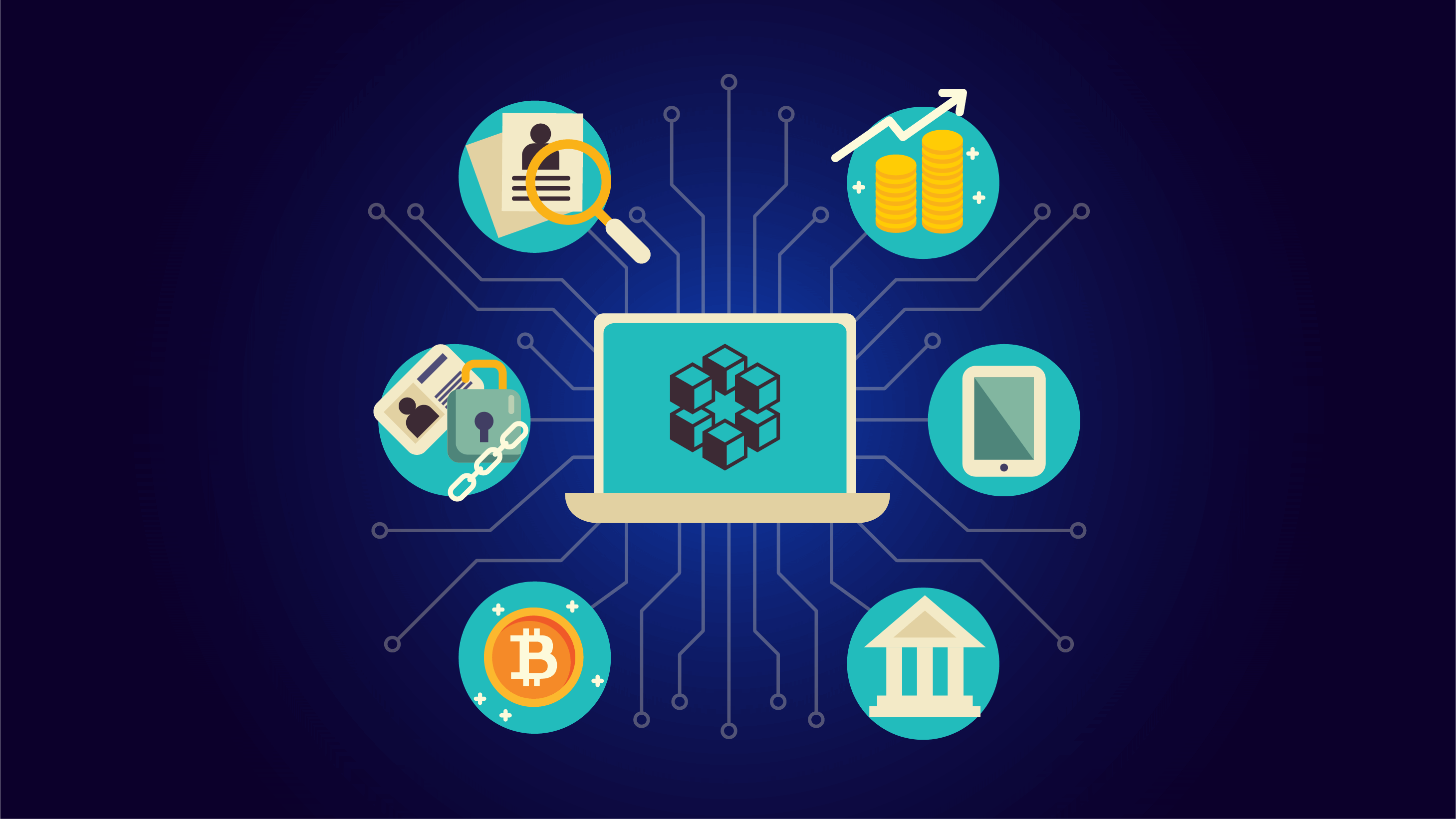Over the past few years, we’ve seen a global fascination with cryptocurrencies like Bitcoin, Litecoin, Ethereum and many more. Although most people understand that cryptocurrencies use blockchain technology, there are still many misunderstandings: What is blockchain, how it works, and why is it important?
What is blockchain?
Blockchain is a technology that supports the process of recording transactions. The first use of blockchain was to create a digital currency called bitcoin. Today, blockchain technology is used in many industries including finance, healthcare and more. The blockchain can be described as a decentralized public ledger for all cryptocurrency transactions. The public ledger contains records of all transactions, which are grouped into blocks. Every time someone sends a cryptocurrency, the transaction information is broadcasted throughout the network of users. Those users must approve the transaction before it can be recorded on the blockchain. This operation is called mining because it involves solving complicated mathematical problems through computer processing power.* Since there is no central authority controlling transactions, its authenticity remains intact as every user has a copy of the transaction ledger to ensure that everyone plays by the same rules.
Background
When Satoshi Nakamoto introduced the world to blockchain technology in his paper “Bitcoin: A Peer-to-Peer Electronic Cash System”, the world was in for a big surprise. He developed a system that would allow people to send money directly from one party to another without having to go through any intermediary. This eliminated the need for banks as trusted third parties and also eliminated transaction fees. Finally, people had a decentralized system where every single member of that network could see what was going on. Cryptocurrencies were created by leveraging this technology, but blockchain has many other applications too. It can be used to store sensitive data and create smart contracts that can be coded with artificial intelligence (AI) algorithms.
How Blockchain Works
A blockchain is a ledger of facts, replicated across many computers. It is a way of passing information from one party to another along a digital chain of custody. A digital file of currency is not valuable if it is easy to hack. Blockchain solves the hacking problem with an ingenious trick: every time a transaction occurs, a digital signature connects the sender's copy of the file with their transaction record and adds that signature to the next block of transactions in the chain. The signatures are impossible to fake; they require large amounts of computing power to produce or fake; and if any tampering is detected, all subsequent transactions will be flagged as invalid. Again, the blockchain is a distributed ledger that records transactions between two parties efficiently, in a verifiable and permanent way. Each party gets a copy of the information—and those copies are kept independently by everyone in the network. This makes fraud virtually impossible.
Decentralization
Decentralization is not a new idea. We have always had structures that involve multiple layers of hierarchy. But as technology changes, we can take advantage of different types of decentralization. The main ones are geographic decentralization and functional decentralization. The geographic type relies on the fact that everyone is far away from everyone else. If you were in a Community in the Middle Ages, or a town in ancient China, your group can't possibly know what is happening everywhere in your kingdom or empire. You have to trust someone who has eyes-on at ground level. To modernize this type of organization for a global age, the community would not just rely on people in their court; they would also rely on people in different fields, who have local knowledge and some sense of loyalty to their cause. Ideally, those local representatives would be paid in cryptocurrency so that part of their loyalty is to the money, rather than to any particular nation-state. This decentralized approach makes it far more difficult for anyone to control information flow. This can make the system less efficient, but it also makes it harder for any one political agenda to dominate the agenda-setting process. This could allow different parts of society to influence decision making, depending on their priorities and perspectives, while remaining loosely coordinated throughout. Decentralization is a powerful tool for security because there is almost no central point of weakness to attack. But decentralization makes it complicated to change the rules, because there is no central authority to agree on changes and implement them; this is where blockchain came in.
Conclusion
Blockchain technology is one of the most disruptive technologies since the internet. A decentralized global ledger that is open to anyone, where not just information but anything of value (e.g. money, titles, deeds, identities, etc.) can be moved and stored securely and privately? This decentralized global ledger has profound implications for our economic, social, and political systems; it has the power to greatly reduce/eliminate corruption, as it provides transparency & trust among all parties; it also has the power to create enormous opportunities for many of the 3.5 bln people who do not have access to traditional financial services.


